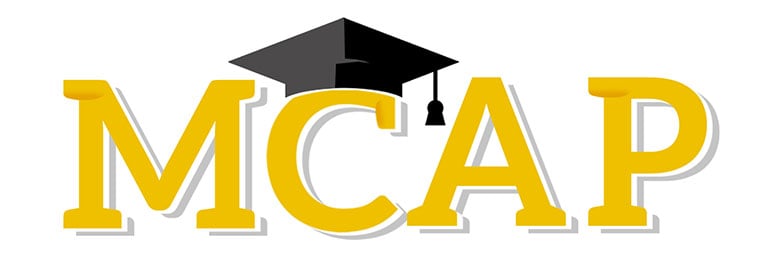 MONTGOMERY COUNTY PUBLIC SCHOOLS
MONTGOMERY COUNTY PUBLIC SCHOOLS
 MONTGOMERY COUNTY PUBLIC SCHOOLS
MONTGOMERY COUNTY PUBLIC SCHOOLS
View Your Student’s MCAP Scores in ParentVUE
 The Maryland Comprehensive Assessment Program (MCAP) provides information to educators, parents and the public on student progress towards proficiency on the Maryland state content standards. Through a strong assessment system, stakeholders gain an understanding of how schools are performing and where assistance can be directed to support student growth and achievement.
The Maryland Comprehensive Assessment Program (MCAP) provides information to educators, parents and the public on student progress towards proficiency on the Maryland state content standards. Through a strong assessment system, stakeholders gain an understanding of how schools are performing and where assistance can be directed to support student growth and achievement.
Every Student Succeeds Act (ESSA) requires that states administer the following annual statewide assessments to students in:
Students who require alternate assessments that are written to alternate standards take alternate English language arts/literacy, alternate mathematics, alternate science, and/or alternate English language proficiency assessments.
In Addition, the following annual assessments are administered to students:
| Assessment Title | Elementary | Middle | High | |
|---|---|---|---|---|
Early Childhood(ELA – Fall and Spring) (KRA – Fall administration) |
Early Learning Assessment |
|
||
| Kindergarten Readiness Assessment (KRA) |
|
|||
MCAP Assessments(Spring administration) *These assessments required for graduation are taken at the completion of the MCAP assessment-aligned Semester B course. |
English Language Arts/Literacy |
|
|
|
| Mathematics |
|
|
|
|
| Science |
|
|
|
|
| Social Studies |
|
|
||
Alternate MCAP(Spring Administration) Note: Testlets are very short tests or test sections with just two or three test items |
Alternate English Language Arts/Literacy |
|
|
|
| Alternate Mathematics |
|
|
|
|
| Alternate Science |
|
|
|
|
English Learners(administered January-mid February) |
ACCESS for ELLs |
|
|
|
| WIDA Alternate ACCESS |
|
|
|
In 2017, the Maryland General Assembly amended Md. Ed. Art §7-203 Education Accountability Program. The amendment called for the creation of a middle school grade band assessment in social studies. The law states that the assessment shall be developed in collaboration with county boards, curriculum specialists, teachers, and academics with expertise in social studies education. It further defined the assessment by stating that it should, "Consist to the greatest extent possible, of criterion-referenced, performance-based tasks that require students to utilize critical and historical thinking skills and analyze primary sources."
Beginning with the 2023-2024 school year, for students entering the ninth grade (Class of 2027), the Maryland Comprehensive Assessment for science and government will count as 20 percent of the student’s final grade in the respective high school level biology and government course. Additional information can be found at the End Of Course Exams Information page.